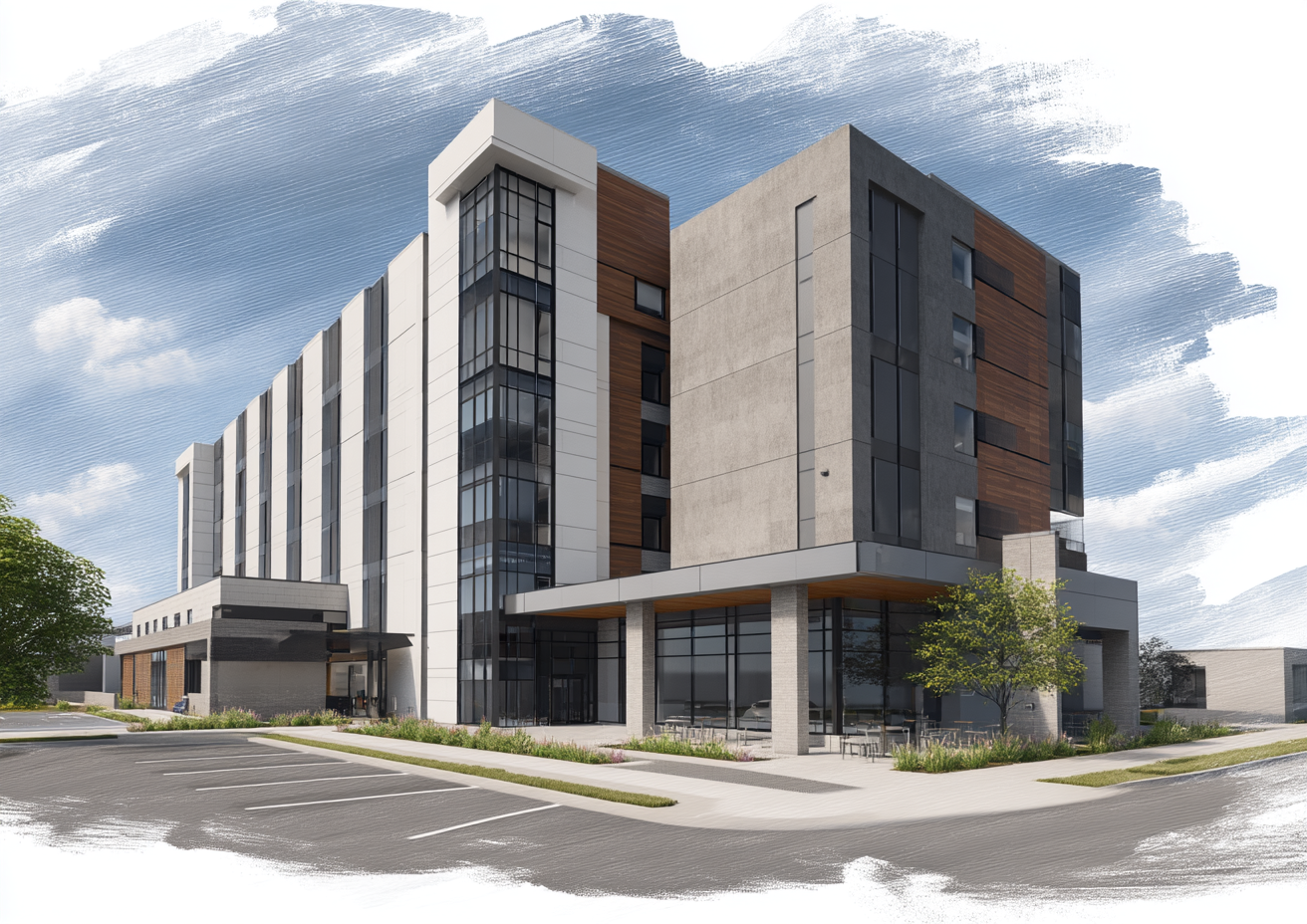Generative AI is transforming the modern workplace, particularly in HR automation, by streamlining various processes. As HR professionals increasingly encounter time-consuming administrative tasks, effective communication challenges, and complex data analysis, the need for innovative solutions like generative AI has never been more critical. This guide will explore how HR departments globally can leverage generative AI to optimize workflows, boost productivity, and enhance employee experiences.
Understanding Generative AI and Its Relevance to HR
At its core, generative AI refers to algorithms capable of generating new content based on existing data. This technology, rooted in computer science and advanced algorithms, plays a crucial role in automating various HR functions. From crafting employee policies to personalizing communication, the application of AI in the workplace offers innovative solutions to age-old challenges in human resources.
Globally, organizations are recognizing the potential of generative AI to improve efficiency. Studies indicate that organizations that adopt AI-driven tools can enhance their productivity by up to 40%, enabling them to allocate human resources toward strategic tasks that add greater value.
Key Challenges Faced by HR Professionals
HR professionals face numerous challenges that generative AI can help address effectively:
- Time-Consuming Administrative Tasks: Routine tasks such as data entry, document management, and payroll processing can significantly drain HR resources.
- Effective Communication: Miscommunication can hinder teamwork and employee engagement.
- Data Analysis: Analyzing vast amounts of employee data for insights is complex and time-consuming, yet critical for informed decision-making.
- Creative Policy Crafting: Developing and updating policies that resonate with a diverse workforce requires creativity and considerable effort.
How Generative AI Addresses HR Challenges
Generative AI provides solutions to these pressing challenges through several key functionalities:
1. Automating Administrative Tasks
HR departments can utilize generative AI tools to automate repetitive tasks such as onboarding, payroll management, and employee record keeping. By implementing AI-driven chatbots, organizations can facilitate smoother onboarding processes and remain responsive to employee inquiries 24/7. For instance, a leading company employing AI in their HR processes reported a 50% reduction in onboarding time.
2. Enhancing Communication
Generative AI enables personalized communication by generating tailored messages and responses. By analyzing employee data, AI can craft messages that resonate with various employee demographics, improving engagement and satisfaction. AI-powered platforms, therefore, become invaluable for effective team communication.
3. Streamlining Data Analysis
HR departments deal with vast amounts of data daily, and generative AI can analyze this information efficiently, offering actionable insights. For example, AI can identify trends in employee turnover rates or employee engagement levels, allowing HR professionals to make data-driven decisions. Utilizing these insights, companies can take proactive measures to enhance workforce satisfaction and retention.
4. Facilitating Policy Crafting
The creative policy crafting process can benefit immensely from generative AI. By gathering feedback and analyzing data on employee needs and preferences, AI tools can provide recommendations for HR policies that address real workforce concerns. This leads to more effective and relevant policies tailored to the workforce’s unique needs.
Effective Prompting Techniques for AI Tools
As HR professionals dive into using generative AI, effective prompt writing becomes essential. Here are some techniques to enhance your interactions with AI:
- Be Specific: When drafting prompts, provide clear and concise information. Instead of asking, “What are our policies?” specify, “Generate an overview of our vacation policies.”
- Use Context: Include relevant details that help the AI understand the scenario better. For example, “What should our policy regarding remote work prioritize for our sales team?”
- Ask Open-Ended Questions: Promote detailed responses from AI by framing your questions to elicit comprehensive insights. For example, “What are some innovative approaches to improve employee engagement?”
Adapting to the Evolving AI Landscape in HR
The landscape of AI in the workplace is continually evolving, and HR professionals must stay informed about new developments. Engaging with AI will also require an openness to adapt HR strategies and workflows. Regular training sessions focused on AI tools for HR can equip teams with the skills necessary to maximize efficiencies. Additionally, evaluating how AI tools align with organizational goals ensures effective implementation.
Case Studies: Successful Implementations of Generative AI in HR
Real-world examples can highlight the transformative potential of generative AI. Consider the case of a multinational tech firm that integrated AI chatbots for service inquiries. Following implementation, their employee satisfaction scores improved by 30%, as employees could resolve queries quickly and efficiently.
Another example is a leading retail company that incorporated AI to analyze performance data across its locations. Through individualized training programs based on AI insights, the company witnessed a 20% increase in employee productivity within six months.
Measuring the Success of Generative AI in HR
Tracking the impact of AI initiatives on HR performance metrics is crucial. Organizations should focus on KPIs such as:
- Increased employee engagement scores
- Reduced administrative processing time
- Improved retention rates
- Enhanced quality of hires
Utilizing analytics can help HR teams gauge the effectiveness of AI tools and optimize their usage for continuous improvement. Results should guide further integration and investment in generative AI capabilities.
The Future of Generative AI in HR
The future holds immense potential for generative AI in HR practices. As technology advances, we can expect even greater efficiencies in operational processes and enhanced employee experiences. Innovative AI tools are likely to redefine how HR operates, shifting toward a more strategic and data-driven approach. Continuous engagement with these tools will prepare HR professionals for the future workforce.
Conclusion
In conclusion, the integration of generative AI within HR practices represents a pivotal shift toward optimizing workflows and enhancing productivity. By embracing this technology, HR professionals can mitigate challenges like time-consuming tasks and ineffective communication while harnessing valuable insights from data analysis. The potential benefits are vast, offering organizations a competitive edge in the talent landscape.







